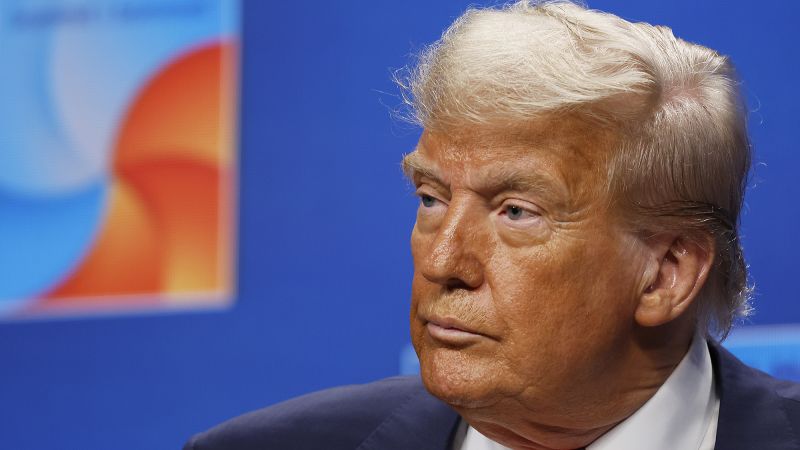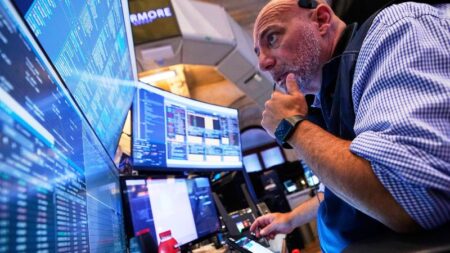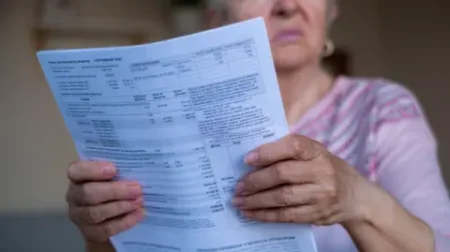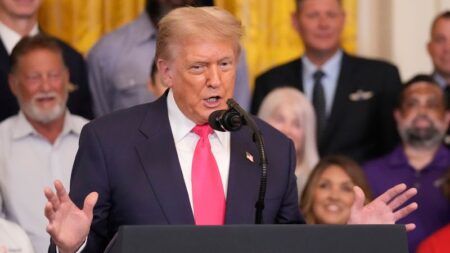In a recent statement, President Donald Trump announced his intention to select a successor for Federal Reserve Chair Jerome Powell “very soon,” despite the fact Powell’s term still has 11 months remaining. This anticipation raises eyebrows, considering that such an early announcement of a new Fed chair has never occurred in the central bank’s more than a century-long history. Trump’s frustration with the Federal Reserve stems from its failure to lower interest rates, a point he has critiqued vigorously over the past several months.
The action of naming a prospective chair months in advance could create a so-called “shadow” Fed chair—an idea first proposed by Scott Bessent, who later became Trump’s Treasury Secretary. The implications of introducing such an unconventional role could be significant, potentially undermining the existing leadership of Powell and fueling further uncertainty in the U.S. economy, which has been marred by uncertainty since Trump’s administration began. Experts, including former Federal Reserve officials, have emphasized the potential complications and confusions that could arise from this proposed strategy.
Alan Blinder, who was the Federal Reserve’s Vice Chair during the mid-1990s, illustrated his strong disapproval of this idea. He suggested that having both a sitting and a shadow Fed chair could lead to dissonance in monetary policy discussions, confusing the markets as each figure could present conflicting guideline messages. This anticipated discord could create a problematic situation for investors trying to interpret the Federal Reserve’s monetary policy direction.
Furthermore, Greg Valliere, chief U.S. policy strategist at AGF Investments, echoed these concerns, suggesting that naming two Fed Chairs would only agitate and puzzle financial markets. Kathryn Judge, a professor at Columbia Law School, pointed out the unpredictability this early announcement could bring, noting that the influence of the shadow chair would depend heavily on their allegiance to Trump, an uncertain prospect in itself. Traditionally, U.S. presidents have usually bided their time, naming successors only in the final months of a sitting chair’s term.
Experts cautioned that acting prematurely might backfire. For instance, Joe Brusuelas, chief economist at RSM, warned that undermining Powell might lead to a stronger dollar and rising interest rates—the very opposite of what Trump desires. A Wall Street Journal report indicated that Trump might announce a nominee as early as the summer, which caused fluctuations in the U.S. dollar index, reflecting investor discomfort regarding a potential shadow chair’s influence. In contrast, the stock market appeared to shrug off the anxiety surrounding this proposal, rising significantly on subsequent trading days.
Valliere argued that this early naming could further politicize the Federal Reserve’s operations, resulting in instability before stability is restored later on. He pointed out that should Trump choose to act like a monetary “back-seat driver” and interfere with Fed policies, the impact on the central bank’s independence could be severe.
As for potential successors, there are several names floating around—Bessent, former Fed governor Kevin Warsh, current Fed governor Christopher Waller, among others. Naming a shadow Fed chair could inadvertently lead some candidates to reconsider their willingness to serve. Others, like Narayana Kocherlakota, a former president of the Federal Reserve Bank of Minneapolis, suggested that while such an approach might not be ideal, it could be preferable to Trump’s unfiltered attacks on monetary policy via social media.
Prominent figures, including Austan Goolsbee from the Federal Reserve Bank of Chicago, argued that an advance announcement of a new Fed chair would not affect current policymakers. A former Fed official reiterated this point, insisting that the Federal Open Market Committee (FOMC) would remain unaffected by the shadow chair’s existence, asserting the steadfast nature of Powell’s committee regardless of any external political pressures.
However, this tension creates potential pitfalls. If the shadow chair publicly disagrees with Powell, it could alienate existing committee members, leading to conflicts unheard of in Federal Reserve history. In summary, while the prospect of a shadow Fed chair presents an intriguing idea, it could engender substantial complications for U.S. monetary policy, ultimately affecting the economic landscape more broadly. The developments surrounding this issue will be critical to monitor in the months ahead, particularly as the term reach a conclusion and Trump navigates this complex political terrain.











